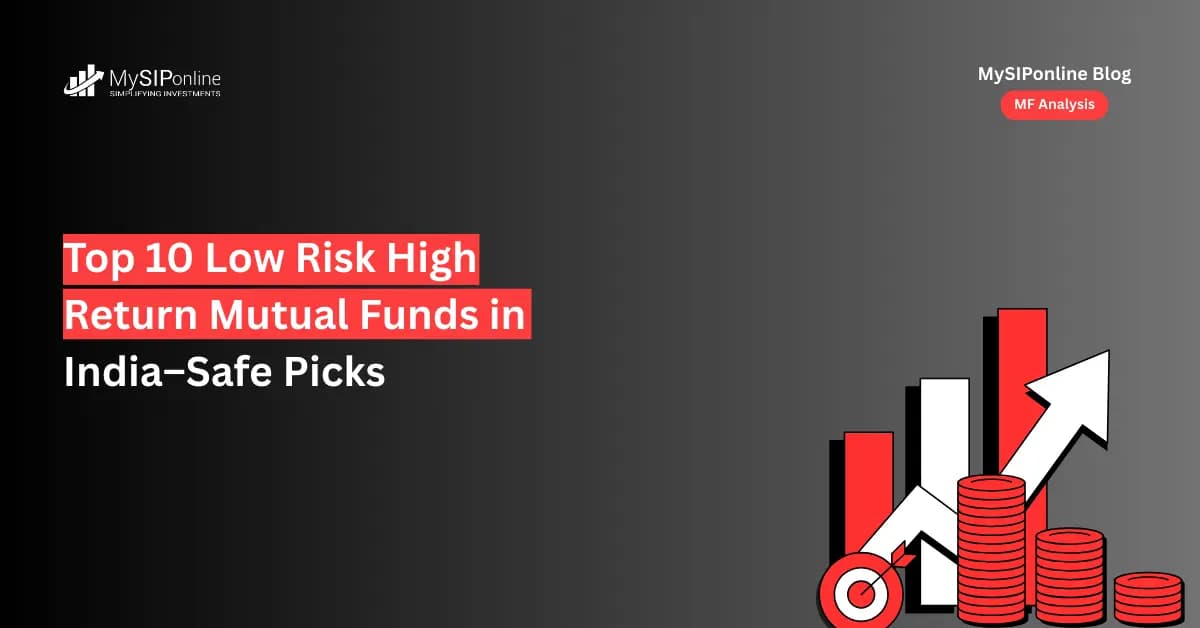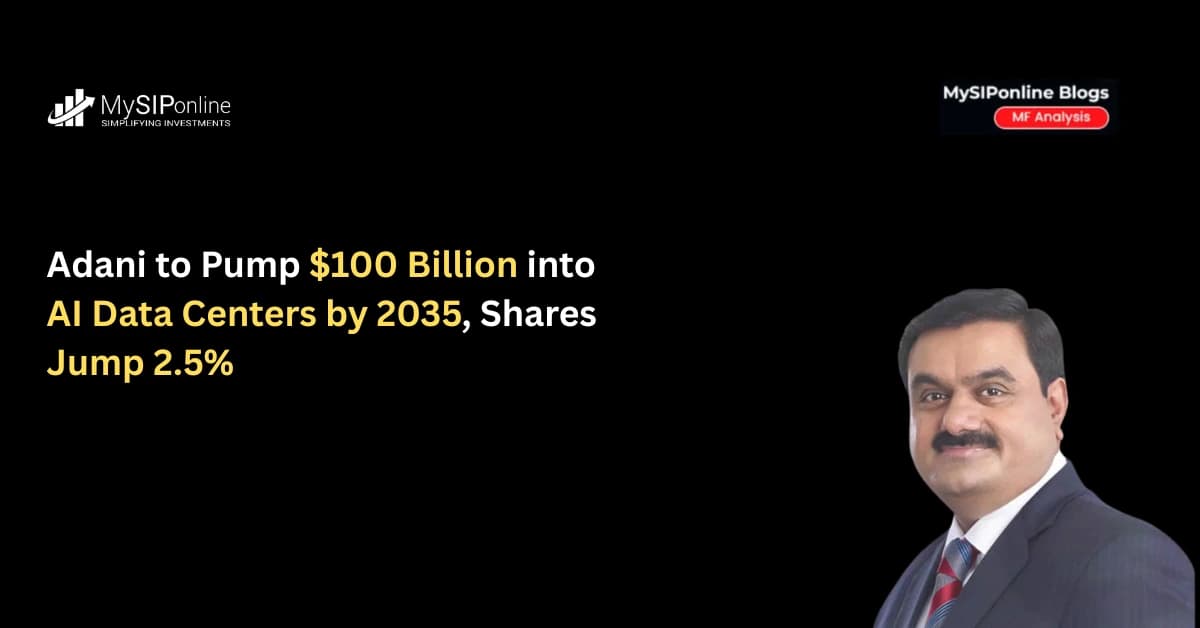It will not be wrong to say that the announcement of Budget 2018 has delivered a punch to market’s bull run with LTCG tax. The other highlight was the increase in the fiscal deficit to 3.3 percent from the original plan of 3 percent for the next financial year which is more than what the street had pencilled in.
The day's session has deeply hurt the market sentiments leading Sensex to crash by 840 points, which is the second largest post-budget drop right after 1990. Sensex sees a bloodbath leaving its investors poorer by 4.6 lakh crores, with BSE’s market capitalization at Rs. 153.7 lakh crores. What are the other things that were affected by the event? What can be the future impact of this decline? Get the answers to all your doubts by going through this write-up to the end!
Here is the list of a few key points that should be taken into consideration regarding Sensex post Budget 2018:
- The stocks of mid-cap and small-cap cracked leaving the BSE mid-cap and small-cap ending lower to 4-4.6 percent in just one day. The correction in the broader market was already started before the Budget announcement which was mainly due to the lofty valuations, and the weak market sentiments surged the selloff.
- All the BSE sectoral indices closed up with losses on Friday, with the drop in the Realty index to 6.3 percent.
- Among the Sensex components, banking, energy, automobile, and capital goods’ stocks led the decline in domestic markets. Here, Bajaj Auto, Axis Bank, Maruti, and Reliance Industries fell the most at more than 4% each.
- Talking about Nifty50 stocks, Bajaj Finance, UltraTech Cement, Bajaj Auto, Axis Bank and HPCL were the top losers, closing at 4.5-6 percent lower.
- The re-imposition of LTCG tax has raised the concerns of whether it would deter foreign investors. Foreign institutional investors would have to pay LTCG tax, and this becomes additional compliance on them.
Experts’ Take on the Situation:
- Many financial gurus believe that the focus on the development of rural India in Budget 2018 will undoubtedly assist in spurring the growth. The dive in Sensex is just a knee-jerk response. Better forecast on the tax expenditure, growth in GDP, rural spending, job creation are a few of the positives of the Budget 2018 which may help in retaining the sentiments of the market.
- The next trigger for the market growth can be the RBI’s policy review which shall be reviewed on February 6-7 and amid all worries it can turn out to be more hawkish on inflation after inflation hit a 17-month high in December, well above its 4% target.
- Bringing the hot topic again, i.e., the LTCG tax imposition, it is believed by many experts that it was at least a well thought out move, and thus it will not create a much disruptive impact on the market. Over a period of time, this event will be taken in stride leading to normality as far as investments in equities are concerned. Some even quoted saying that 10% is a modest figure and grandfathering gains before January 31, 2018, is a relief. The market will eventually digest the change.
- We all are well-acquainted with the fact that the Equity Markets are volatile. The current event and fall in the Sensex is just a reaction of the dampened market sentiments. There would be days that the market is up and days when the market would be down. The point is to predict the long-term trends and act accordingly. And, concerning that Indian equities are good.
- One should not ignore that there is a definite side to Budget 2018 which include betterment in the Agriculture and Food Processing sector, affordable housing sector, health insurance industry, and the textile sector. This concludes that there will be a rise in the demand for agricultural products such as fertilizers, crop protection chemicals, micro-irrigation equipment, etc. Since the focus is also on technology and modernization, warehousing and logistics industry will get benefitted too. This will, in turn, will provide a further boost to the Indian economy, and thus the market.
In the end note, we strongly believe that it is just a phase which shall pass soon. Besides, the long-term capital gains tax doesn’t look dampening, and revenue growth assumptions are looking realistic concerning the budget proposed. Investors can focus on sectors/stocks having an agricultural or rural theme. For detailed recommendation, contact us at MySIPonline. Our experts will help you in clearing out all your doubts concerning the issue and making the right investment decisions post Budget 2018.











